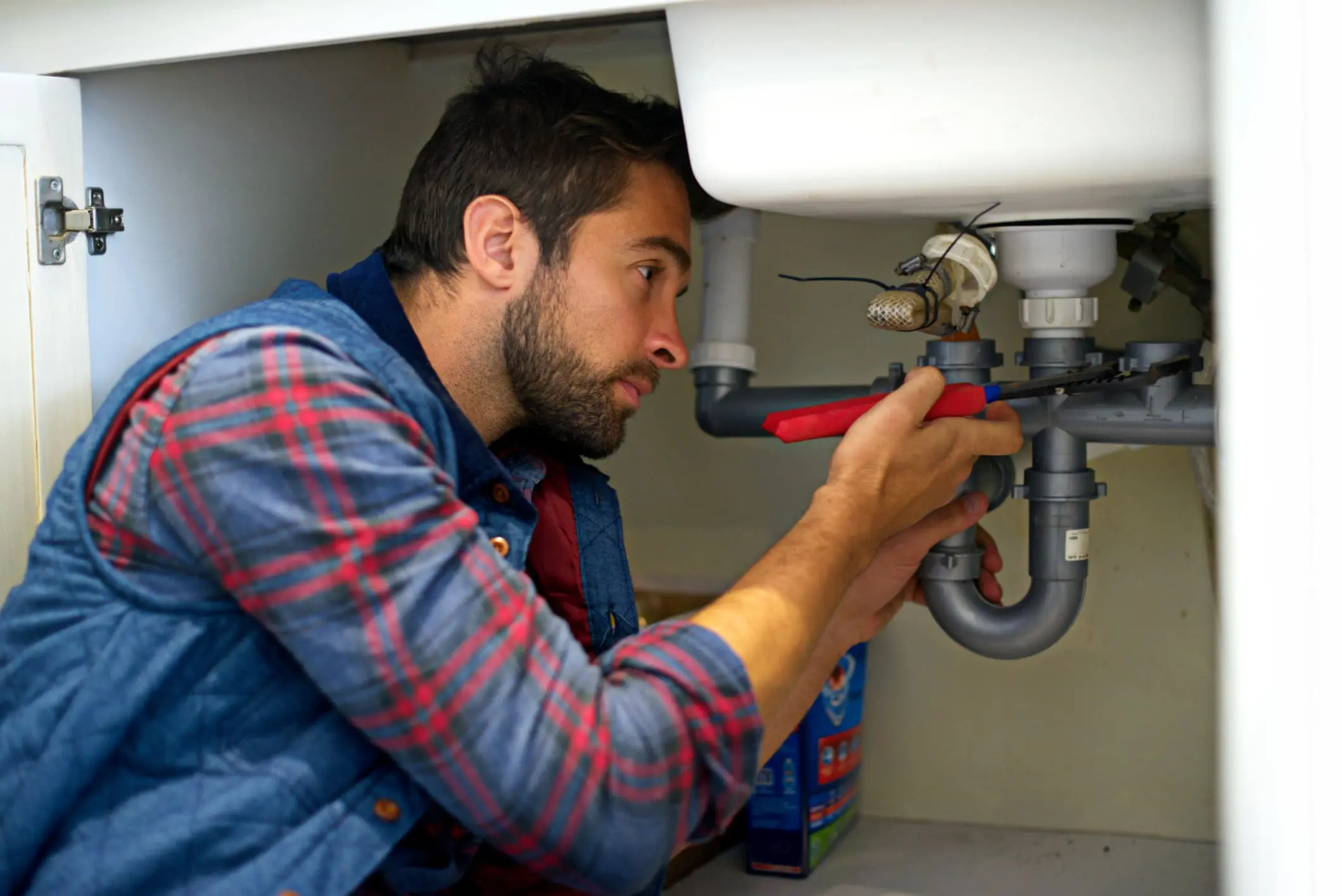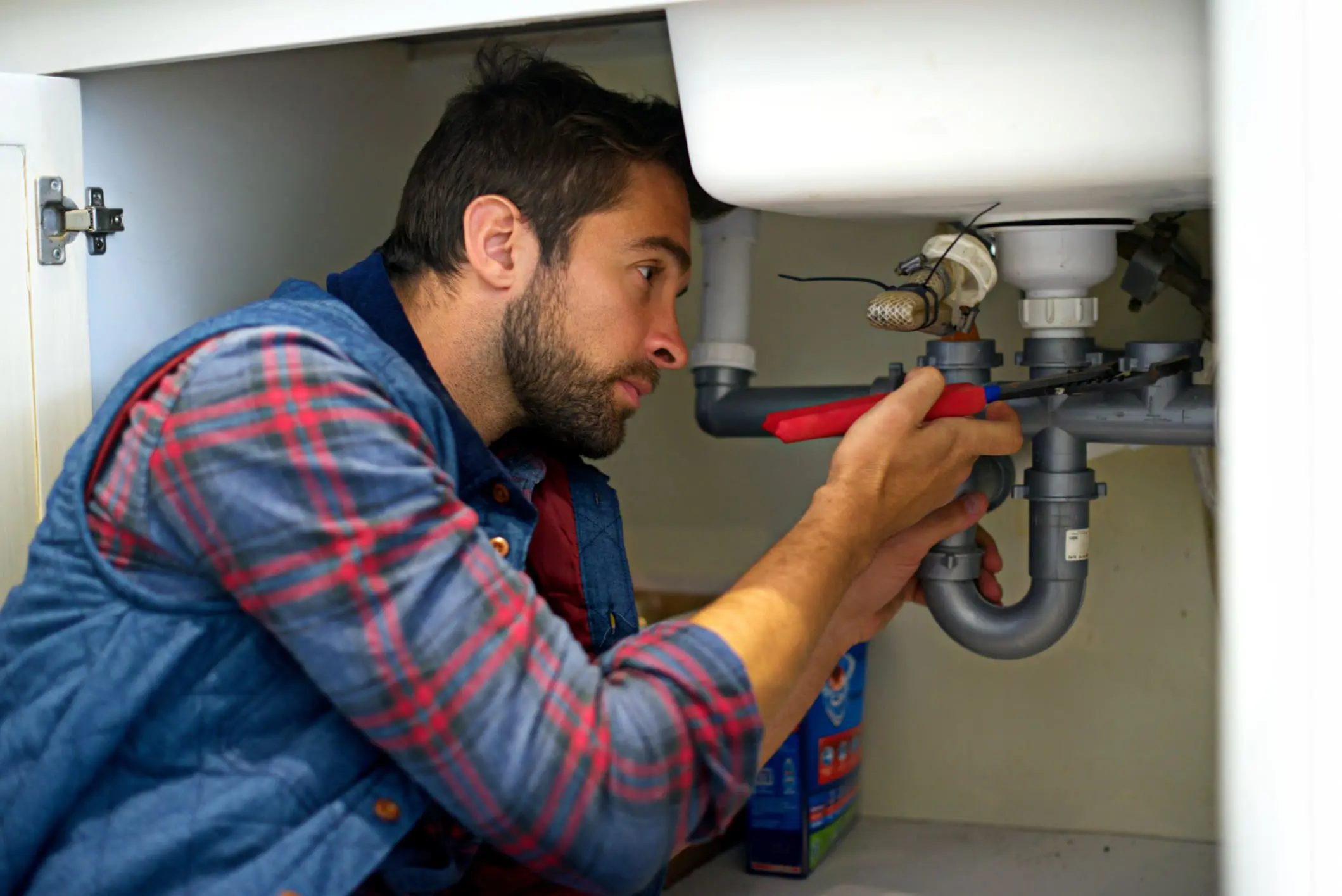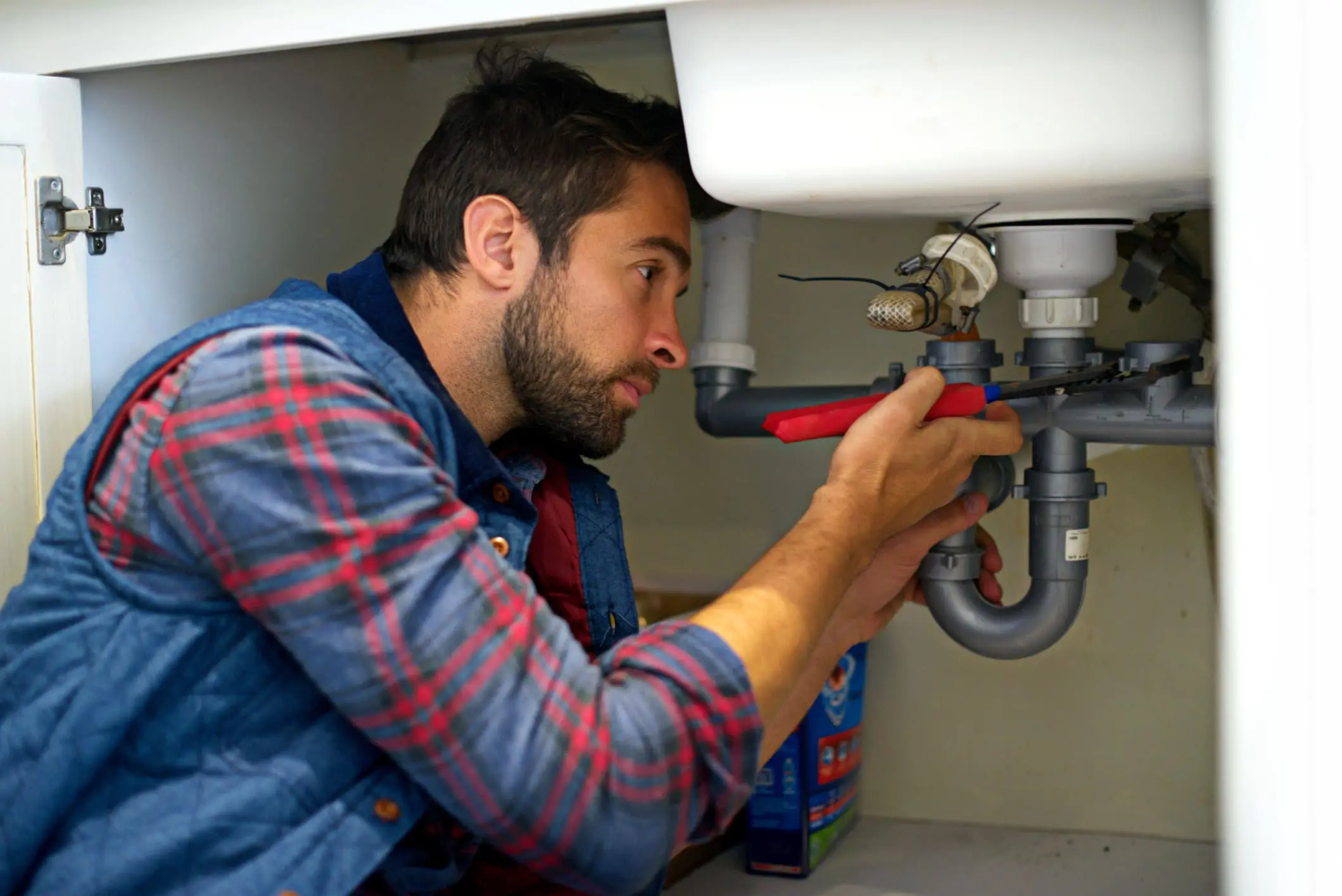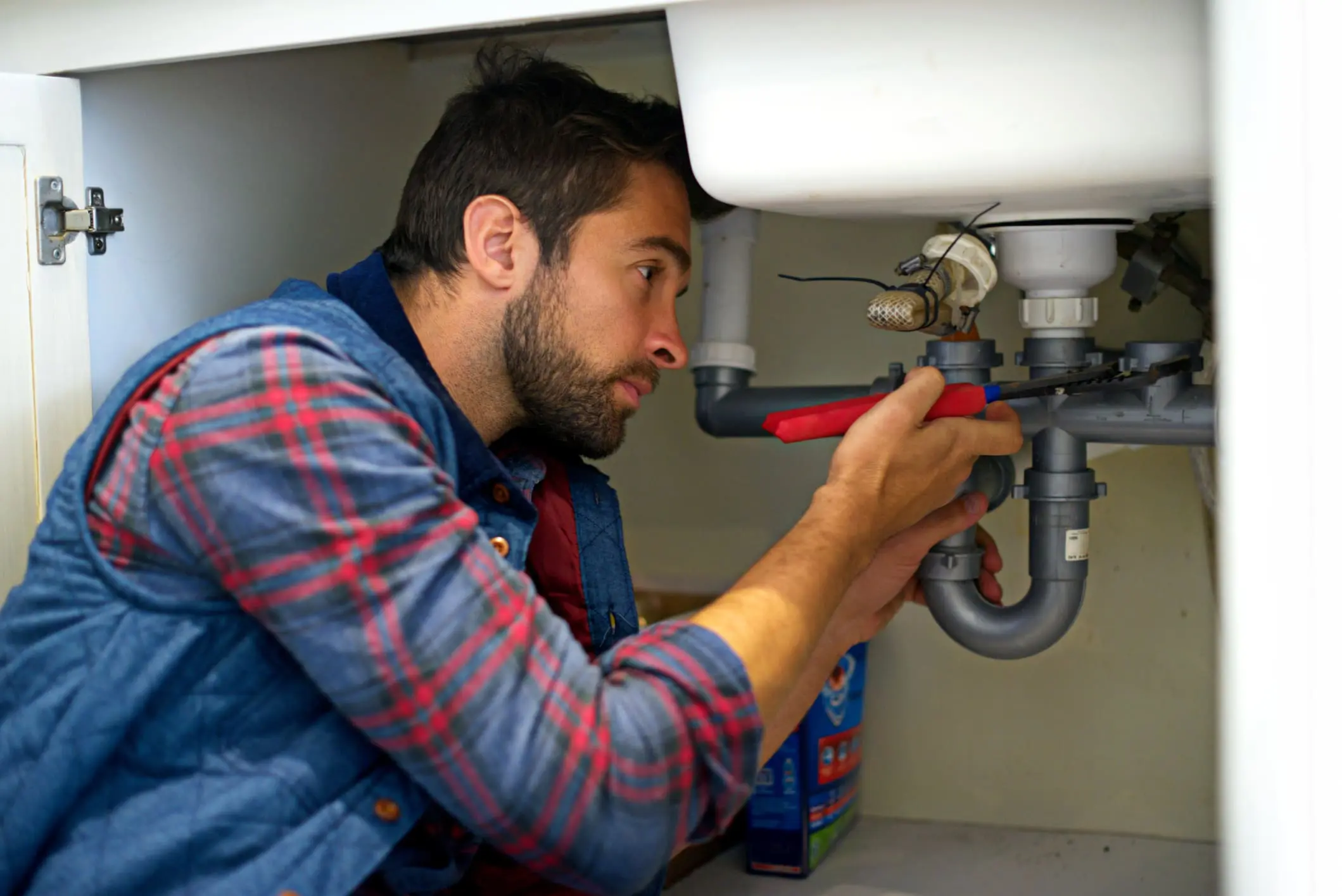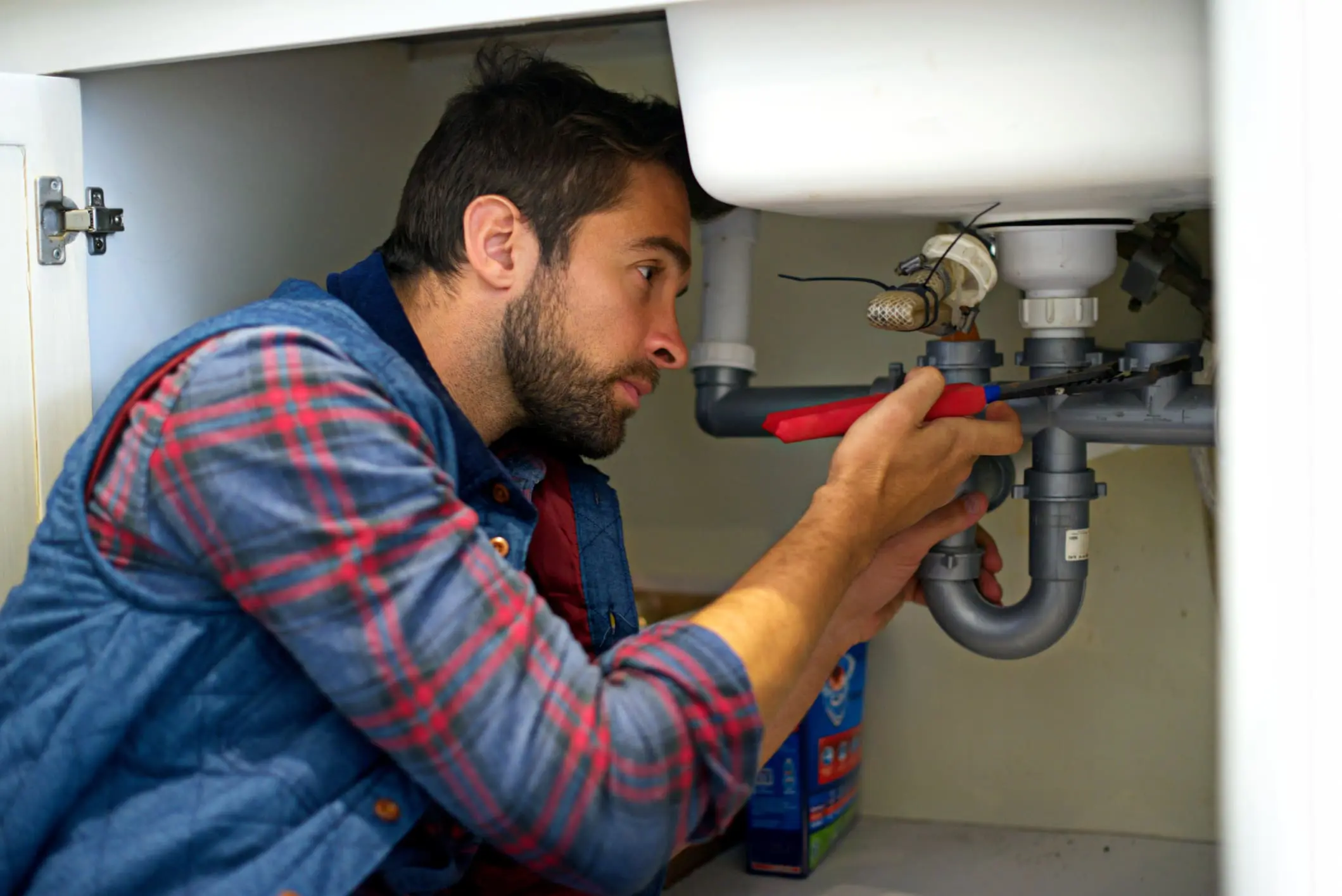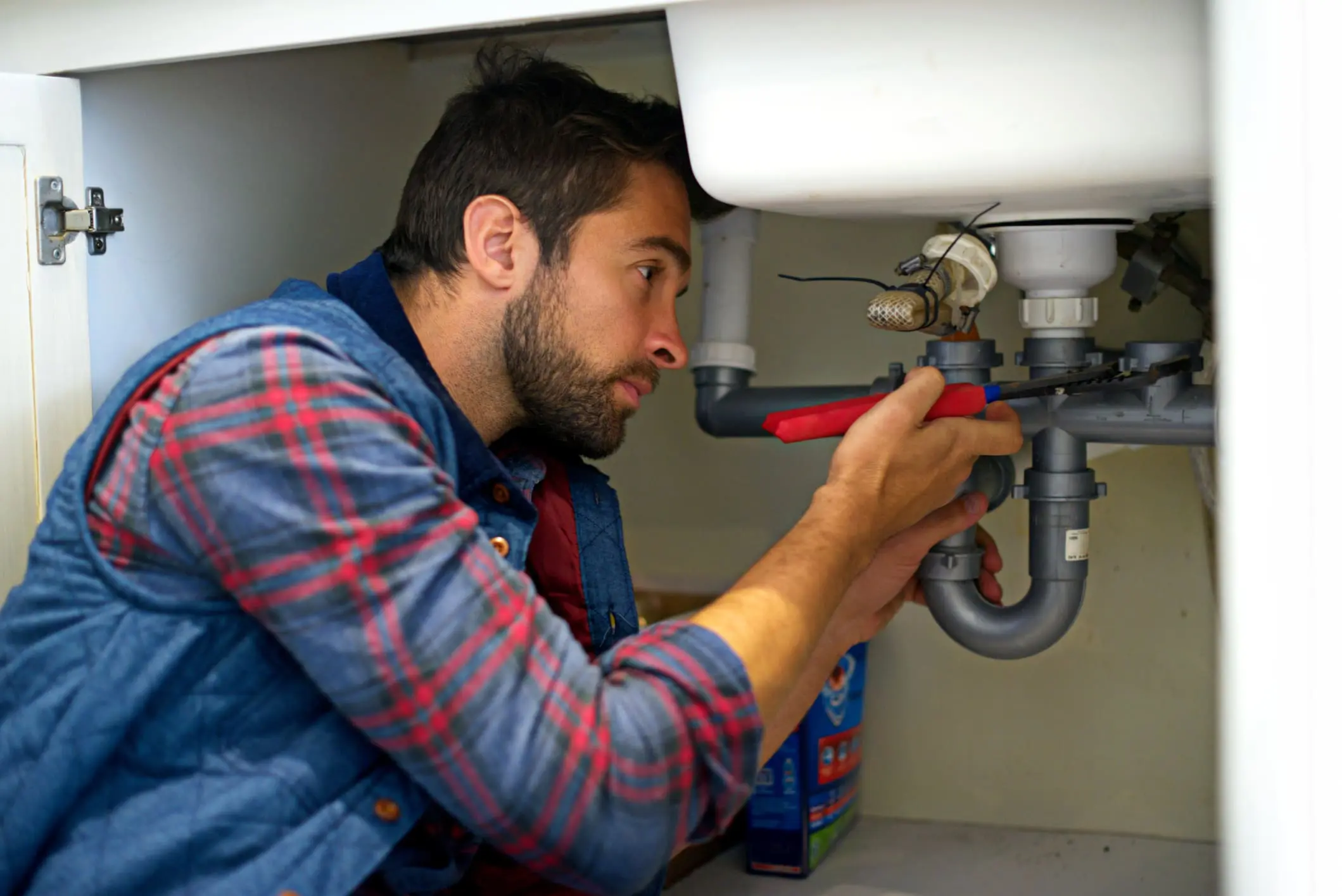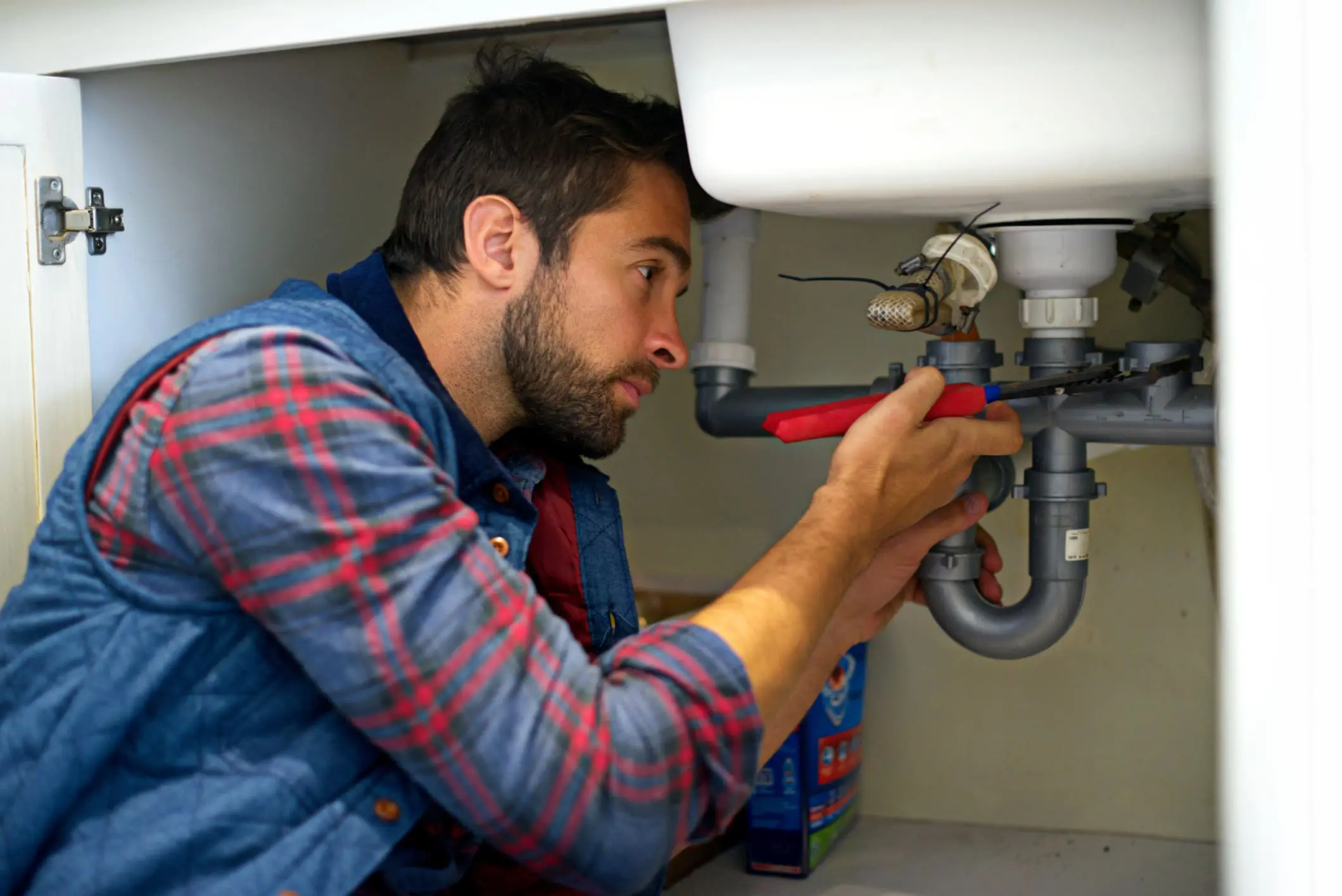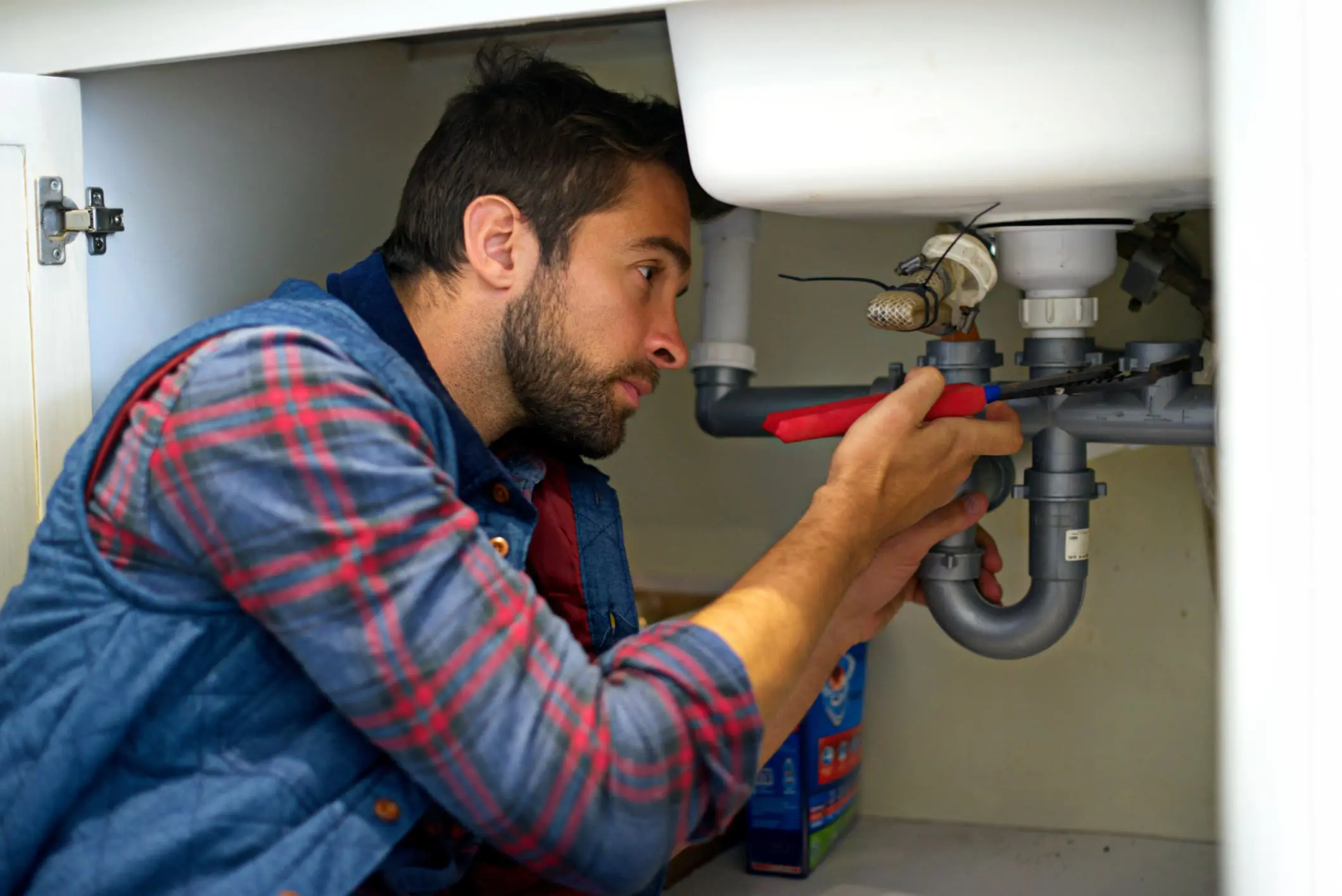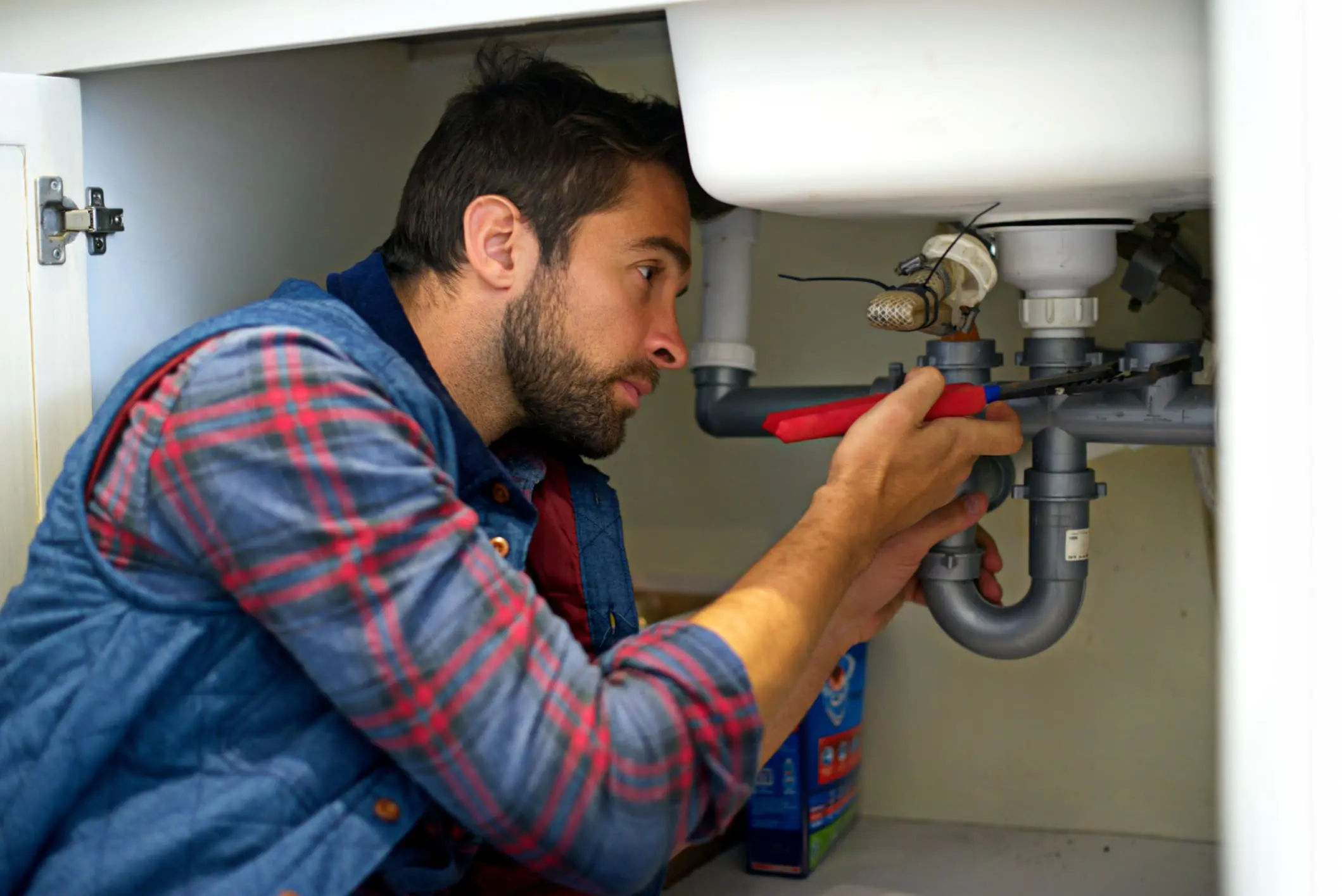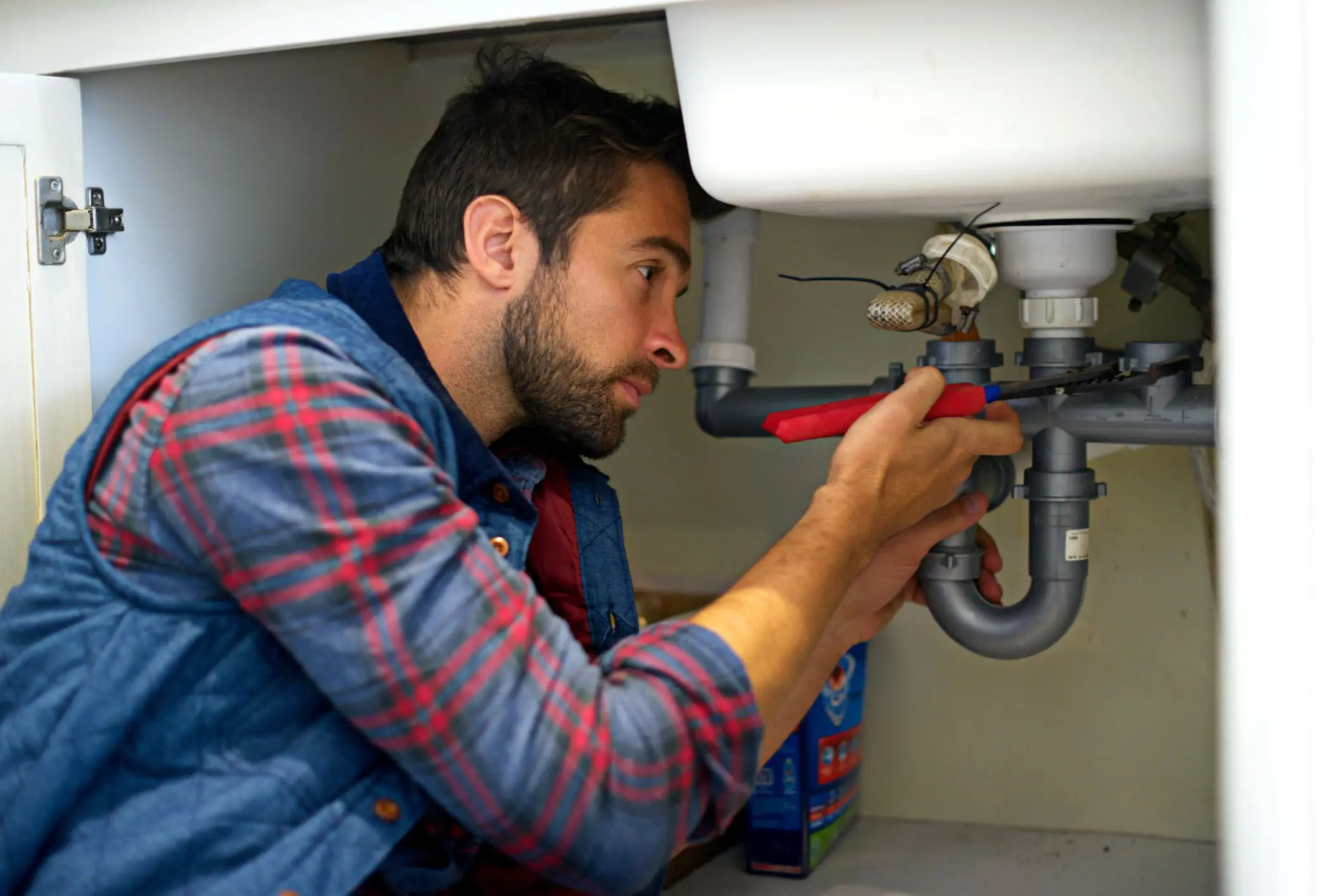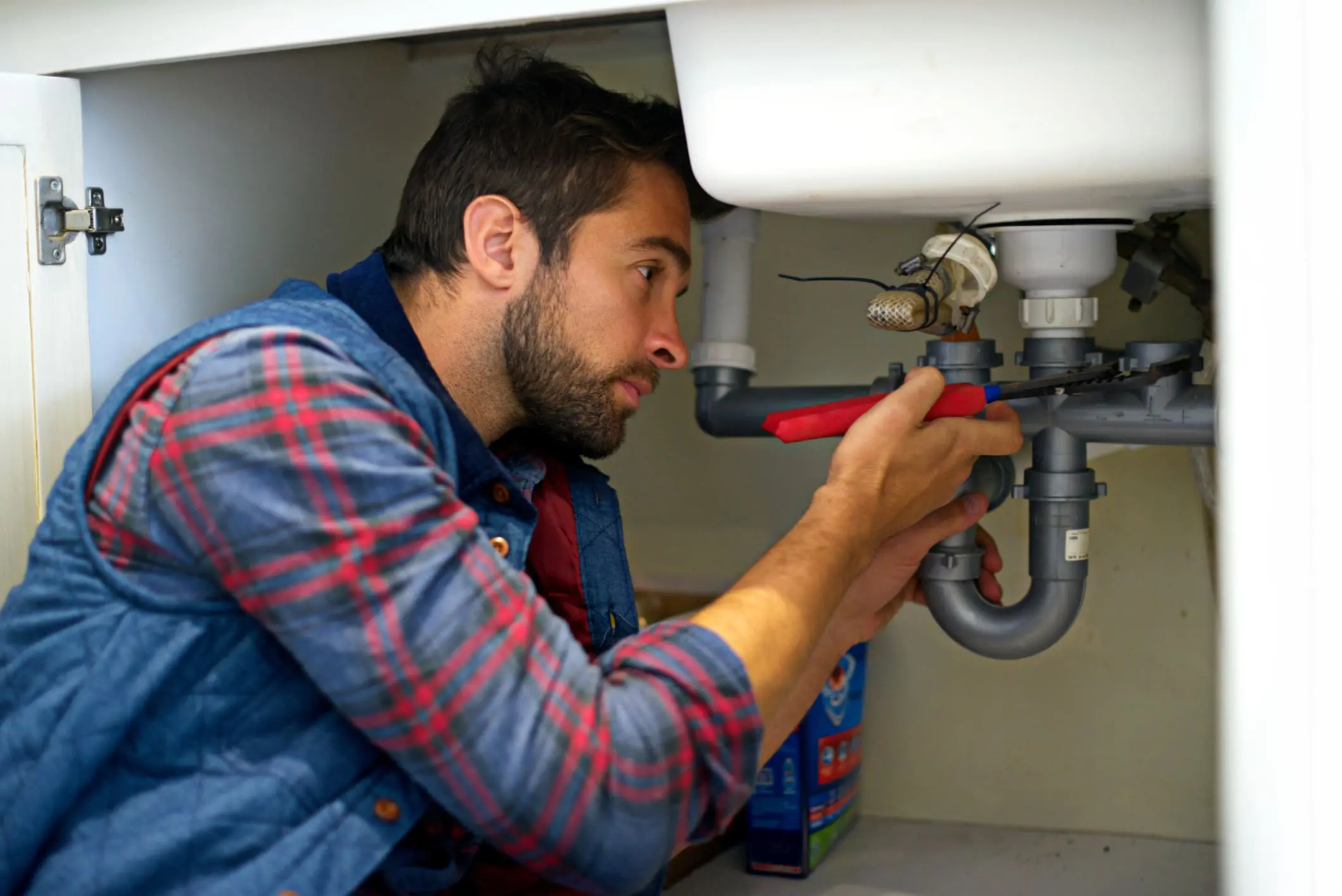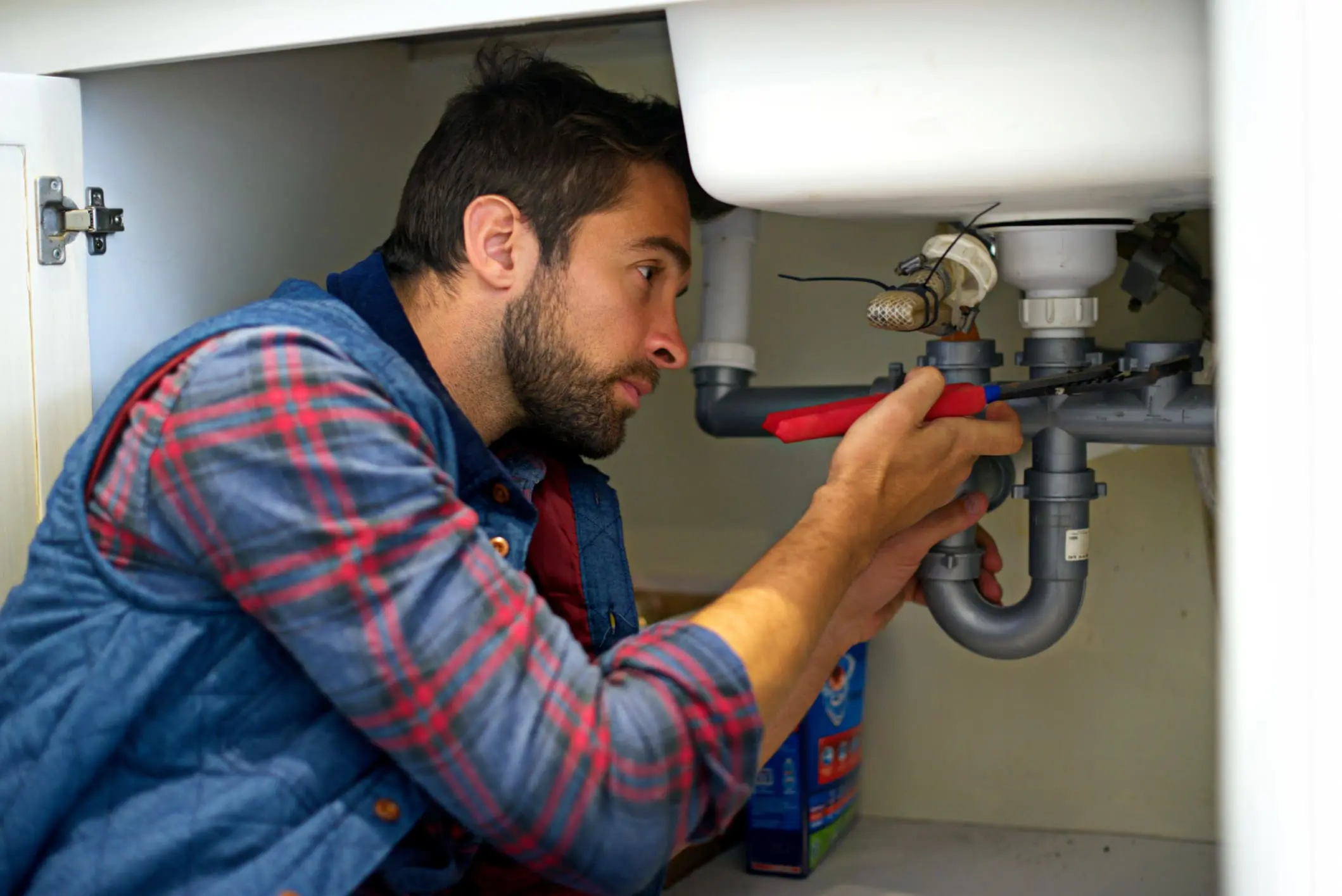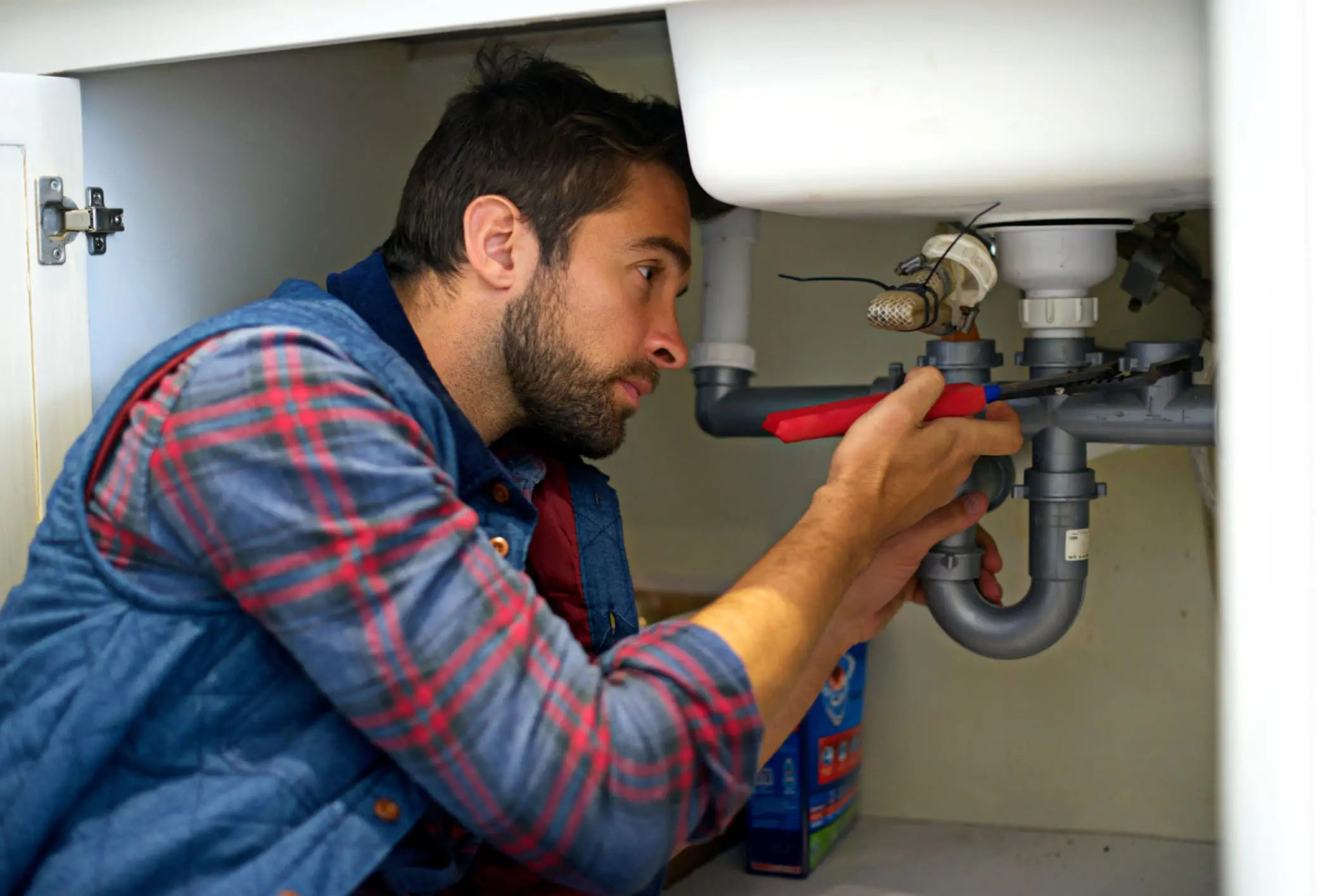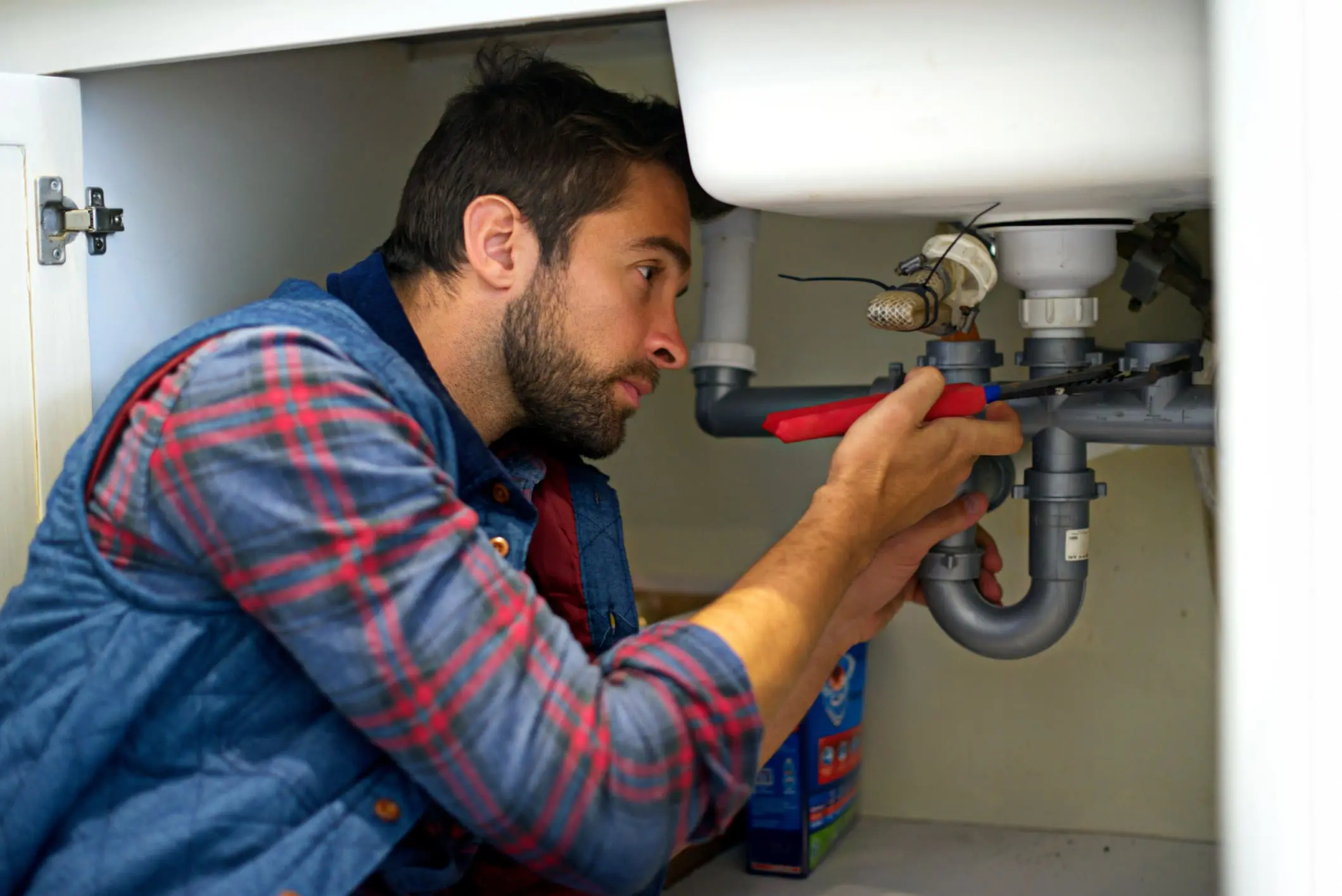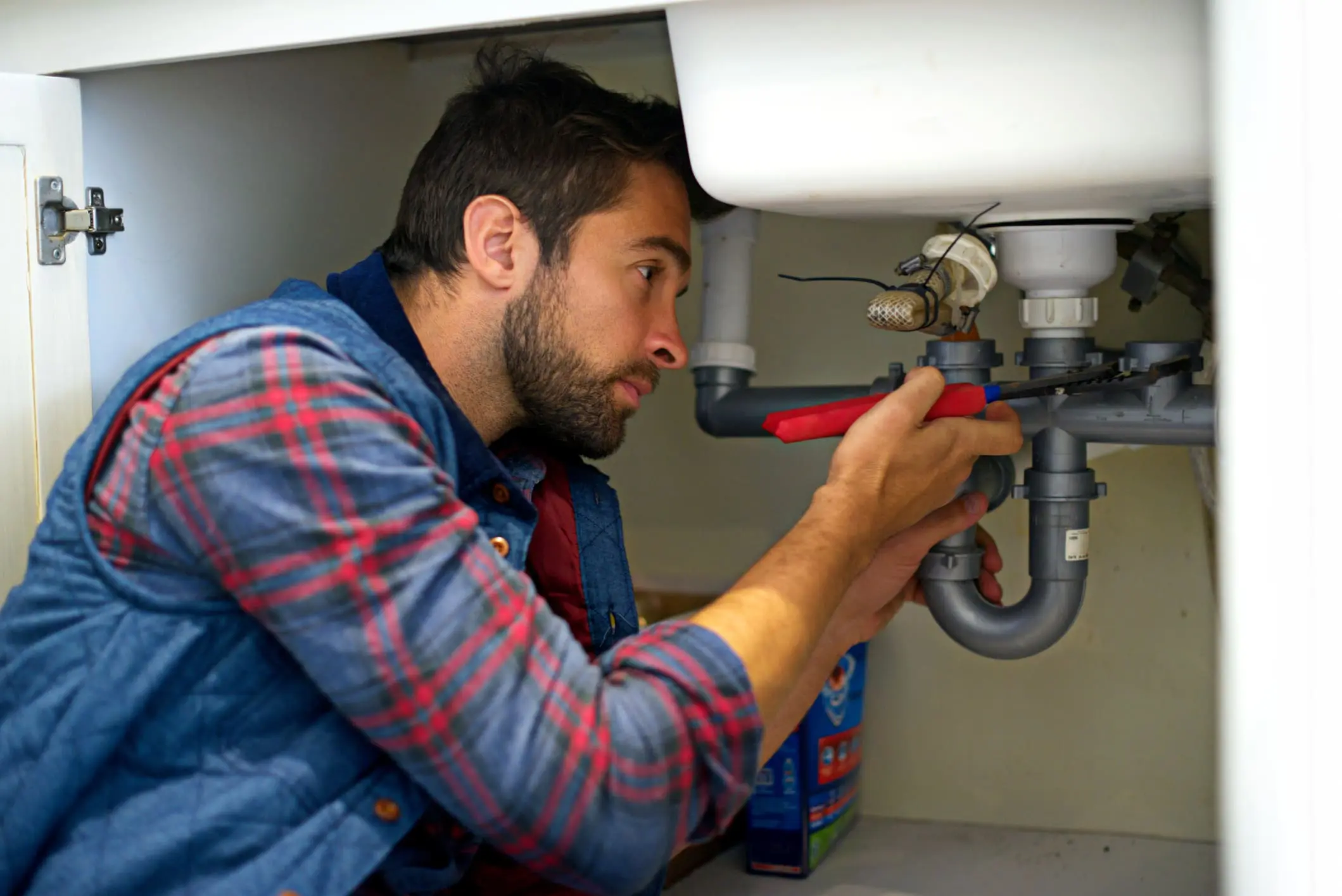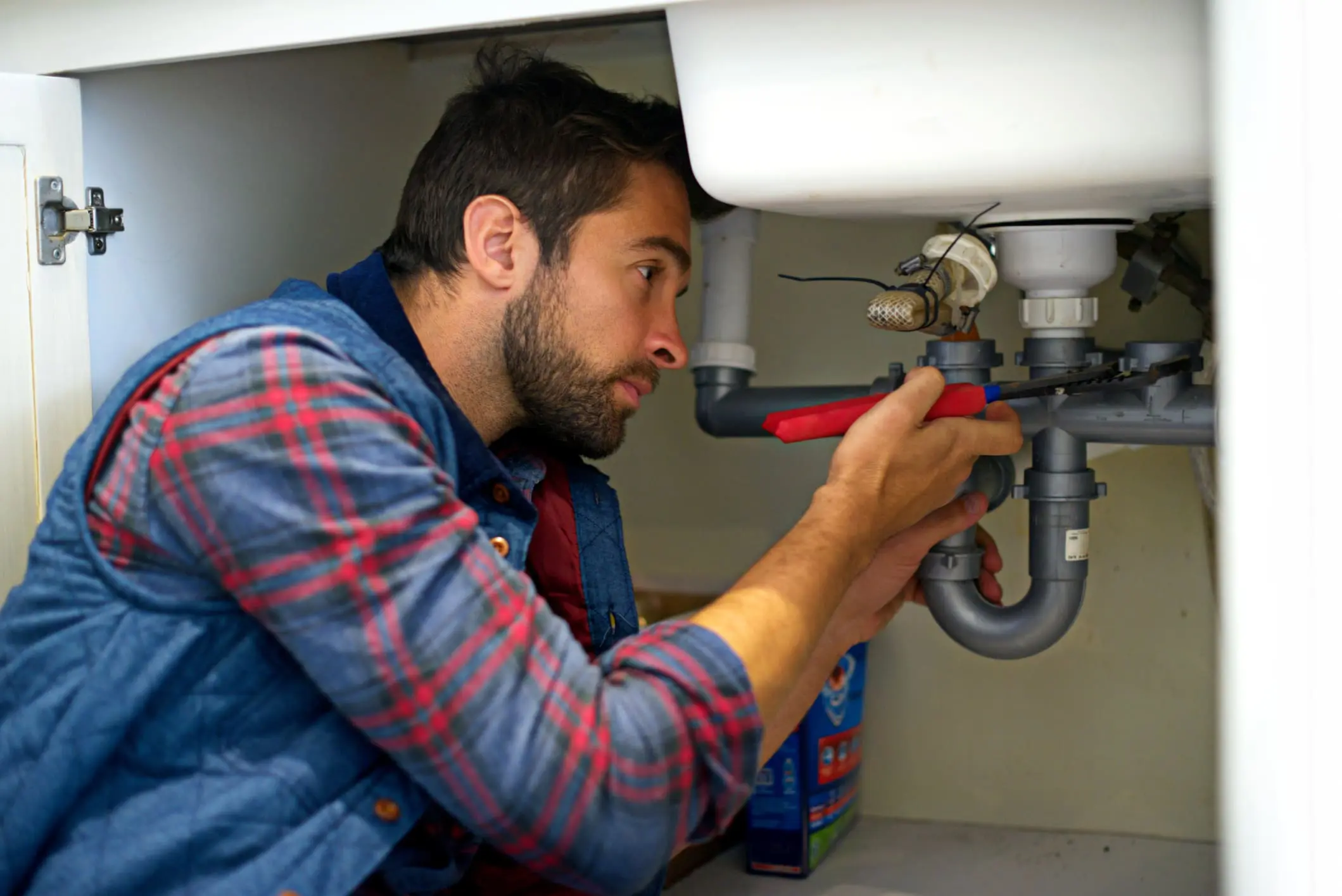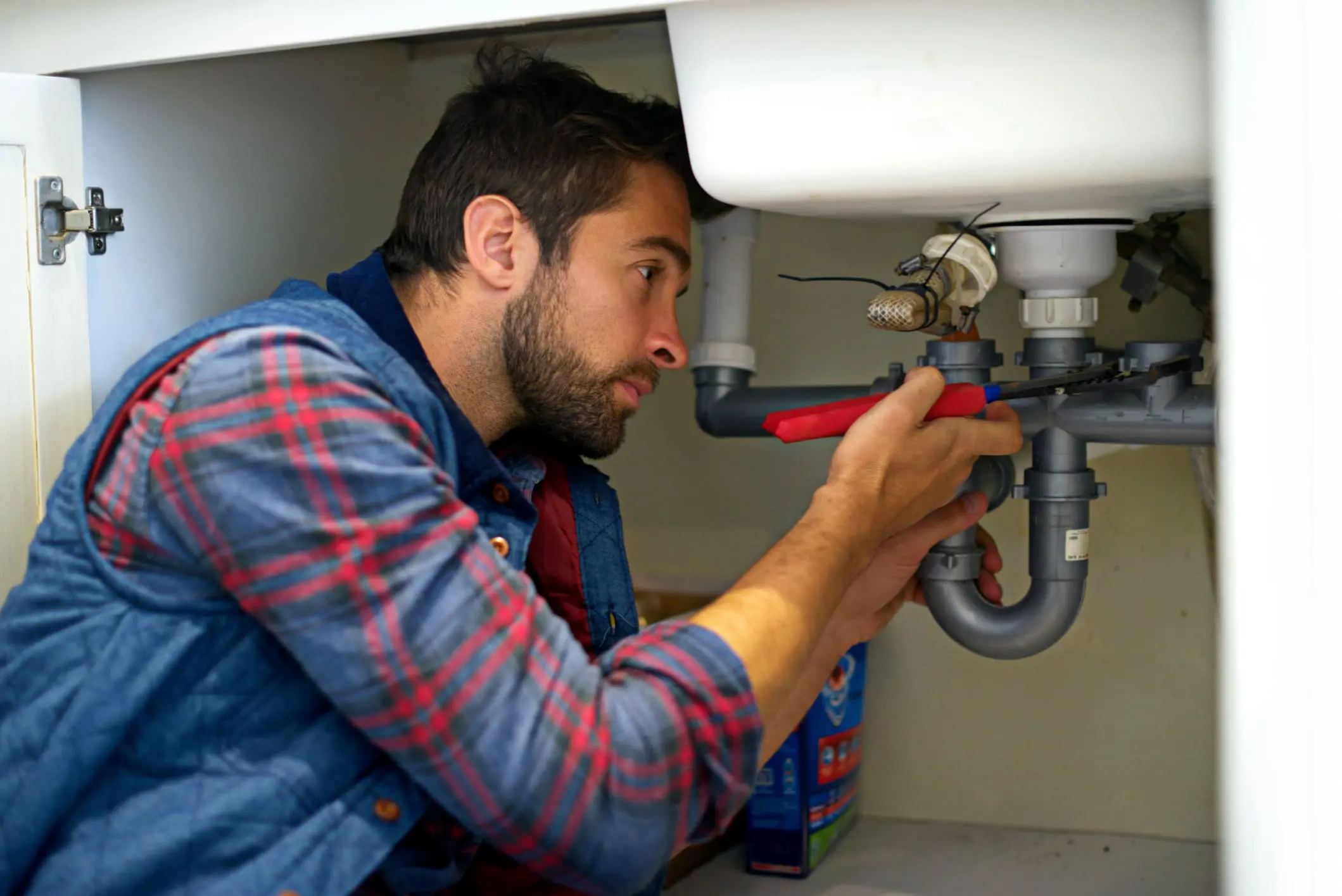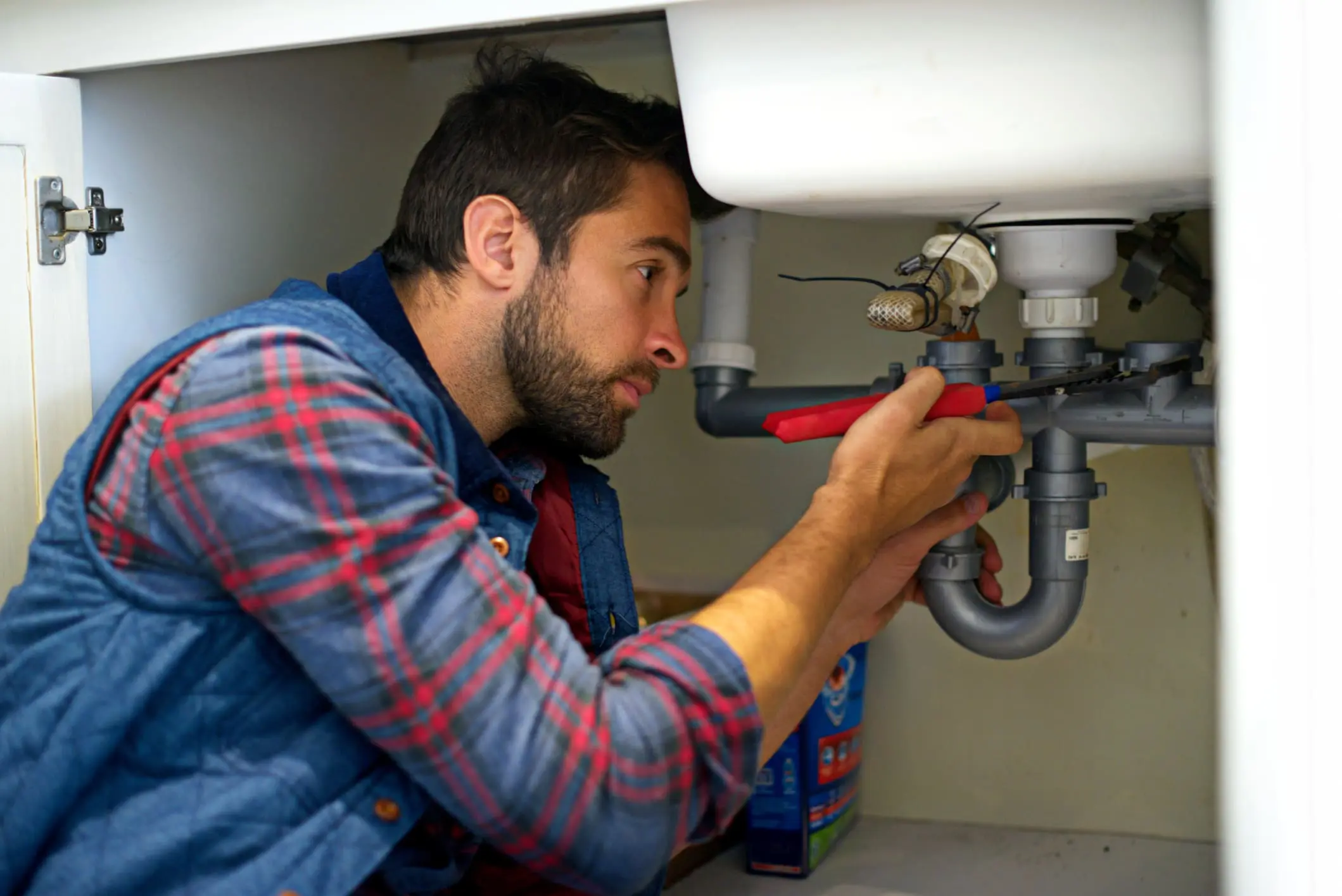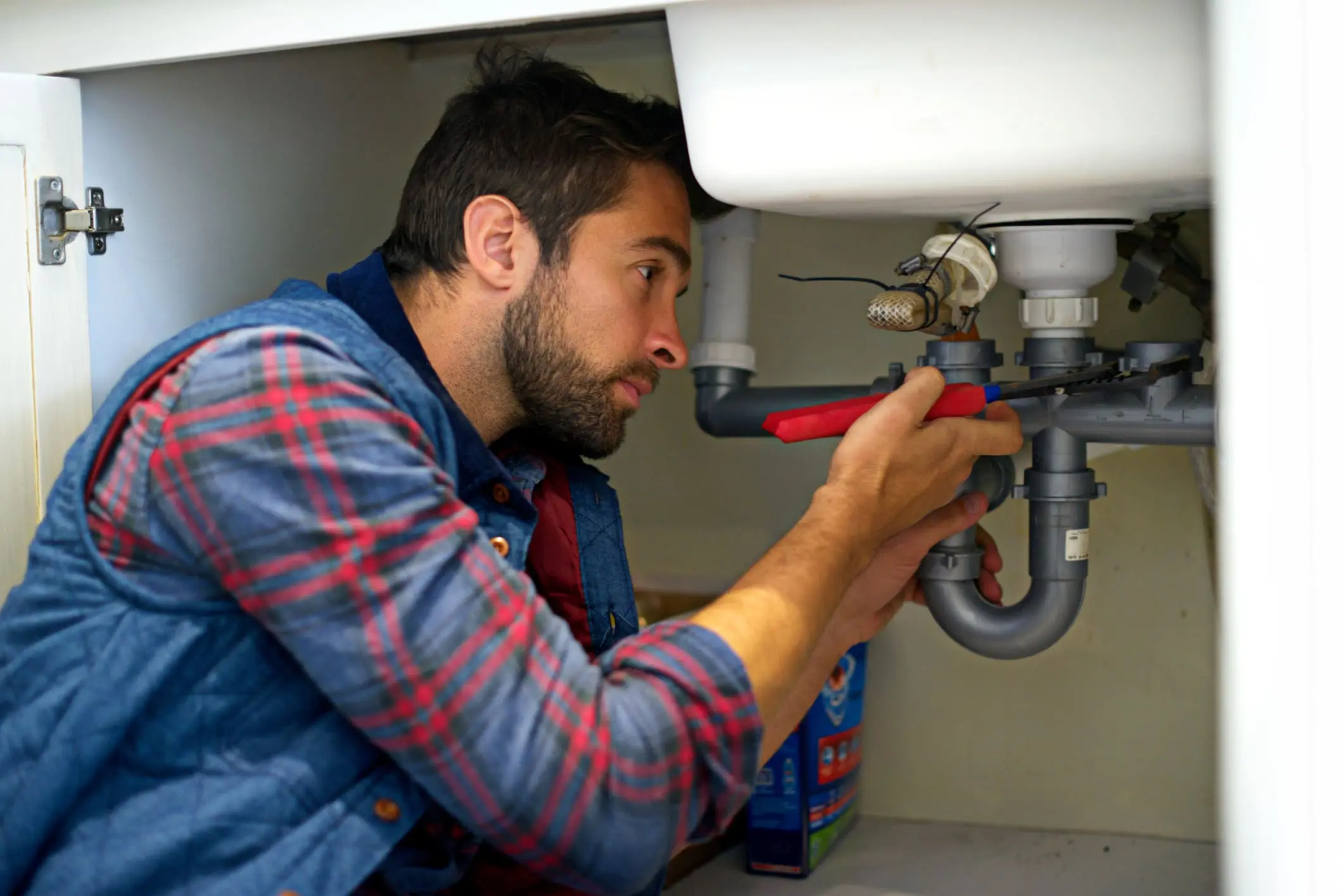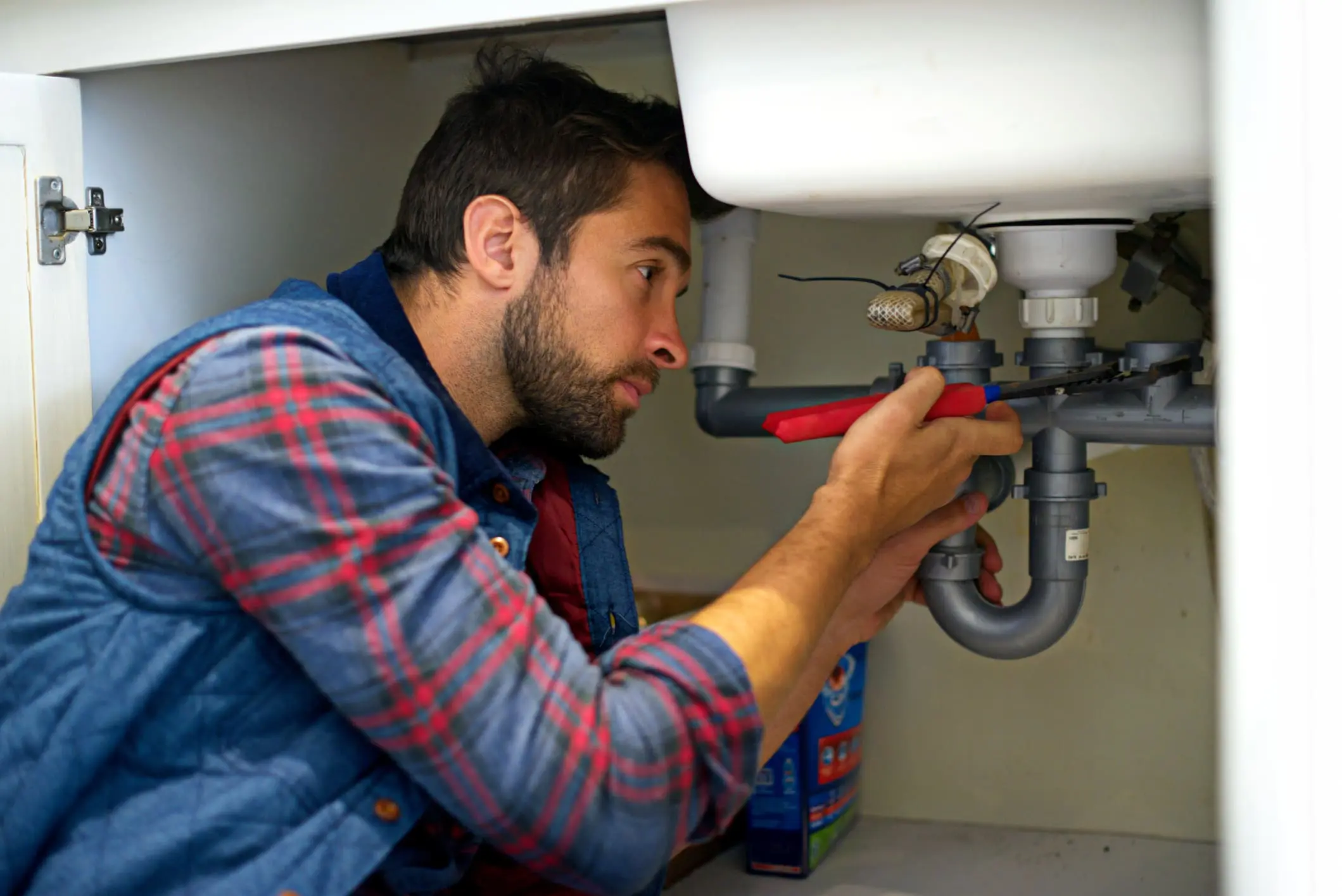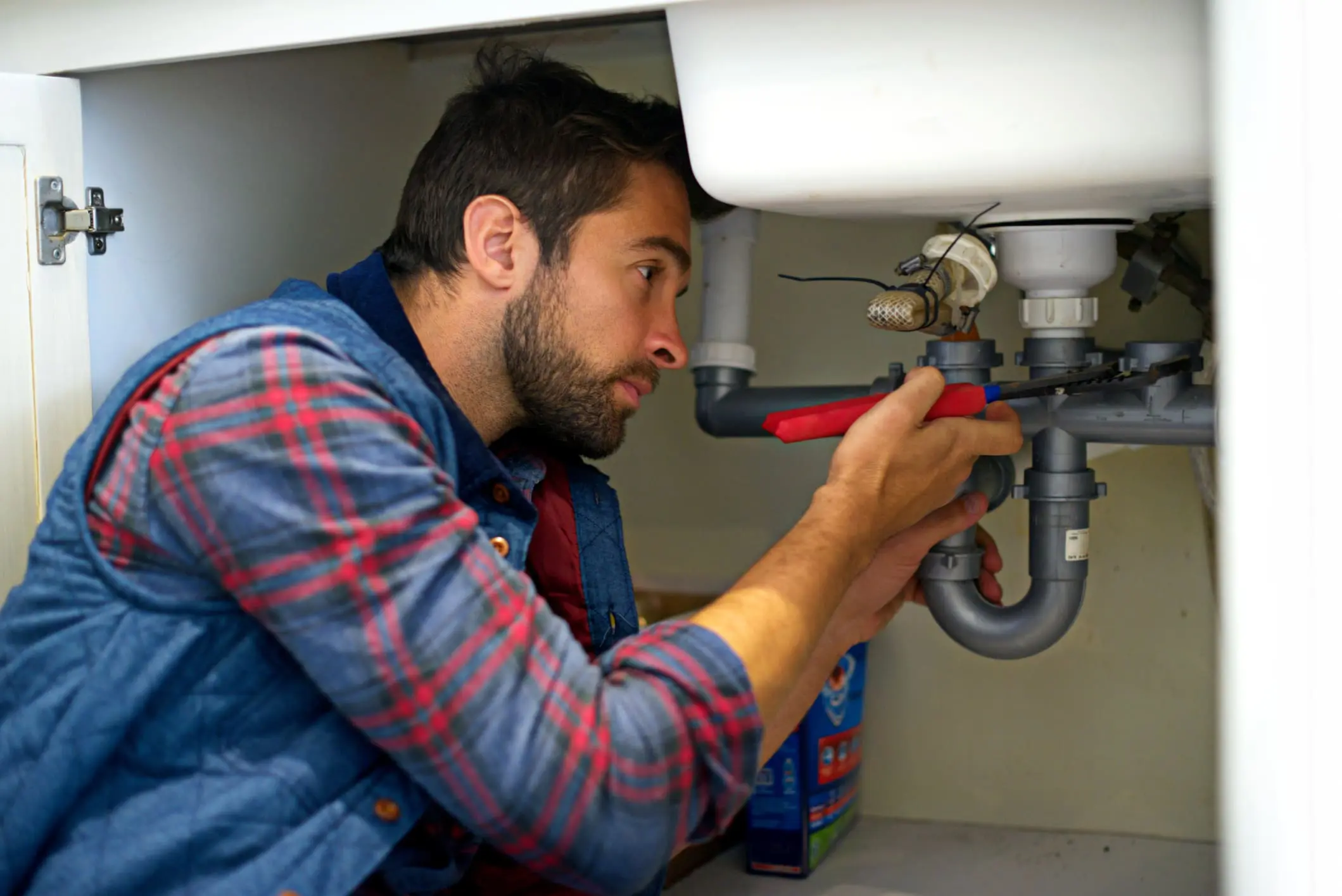The plumbing industry presents unique risks that require specialized insurance coverage. From working in confined spaces to h…
Drain Clearance Insurance: Essential Coverage for Drainage Professionals
The drain clearance industry plays a vital role in maintaining the UK's drainage infrastructure, from residential blocked drains to complex commercial sewer systems. However, working with drainage systems presents unique risks that require specialized insurance coverage. Whether you're a sole trader offering emergency drain unblocking services or running a larger drainage company with multiple teams and specialized equipment, having the right insurance protection is crucial for your business's financial security and professional reputation.
Understanding the Drain Clearance Industry
Drain clearance professionals provide essential services including emergency drain unblocking, CCTV drain surveys, high-pressure water jetting, drain repairs, septic tank emptying, and preventive maintenance. The industry serves both residential customers dealing with blocked toilets and sinks, and commercial clients managing complex drainage systems in restaurants, hospitals, schools, and industrial facilities.
The work environment varies significantly, from crawling under houses to access drainage points, to working in confined spaces like manholes and inspection chambers. Professionals use specialized equipment including high-pressure jetting machines, CCTV survey equipment, drain rods, and various cutting and repair tools. Many operate 24/7 emergency services, responding to urgent drainage problems that can cause significant property damage if not addressed quickly.
Key Risks in Drain Clearance Work
Property Damage Risks
Property damage represents one of the most significant risks in drain clearance work. High-pressure water jetting can cause damage to old or fragile pipes, leading to flooding and costly repairs. Excavation work to access damaged drains can damage underground utilities, landscaping, or building foundations. Even routine drain rodding can sometimes worsen blockages or cause pipe damage if not performed correctly.
Professional Liability Risks
Professional liability risks arise when drainage work doesn't achieve the expected results or causes additional problems. Customers may claim that drain clearance work was inadequate, that problems weren't properly diagnosed, or that recommended repairs were unnecessary. CCTV drain surveys carry particular liability risks if surveys miss significant defects or provide inaccurate assessments of drain condition.
Health and Safety Risks
Health and safety risks are inherent in drainage work. Exposure to sewage and contaminated water presents infection risks, while working in confined spaces like manholes creates risks of toxic gas exposure or oxygen depletion. Manual handling of heavy equipment, working at height to access roof gutters, and using high-pressure equipment all present injury risks to operatives.
Equipment Risks
Equipment risks are substantial given the specialized and expensive nature of drainage equipment. High-pressure jetting machines, CCTV survey equipment, and excavation tools represent significant investments that need protection against theft, damage, and breakdown. Many drainage contractors also face risks related to their vehicle fleets, which often carry expensive equipment and may need to access difficult locations.
Essential Insurance Coverage for Drain Clearance Businesses
Public Liability Insurance
Public liability insurance is fundamental for any drain clearance business, providing protection against claims for property damage or injury to third parties. This coverage is essential when working on customer premises, where accidental damage to property or injury to residents could result in significant claims. Most commercial clients and many homeowners now require proof of public liability insurance before allowing drainage contractors on their premises.
Professional Indemnity Insurance
Professional indemnity insurance protects against claims arising from professional advice or services that don't meet expected standards. For drain clearance businesses, this might include claims that CCTV surveys were inaccurate, that recommended repairs were unnecessary, or that drainage problems weren't properly diagnosed. This coverage is particularly important for businesses offering drain surveys and consultancy services.
Employers' Liability Insurance
Employers' liability insurance is legally required for businesses with employees and covers claims from staff who suffer injury or illness as a result of their work. Given the health and safety risks in drainage work, from sewage exposure to confined space dangers, this coverage is crucial for protecting both employees and the business.
Tools and Equipment Insurance
Tools and equipment insurance provides protection for the specialized equipment that drainage businesses rely on. This should cover high-pressure jetting machines, CCTV survey equipment, drain rods, cutting tools, and safety equipment against theft, accidental damage, and breakdown. Given that equipment theft from vehicles is common in the trade, comprehensive coverage including overnight storage and vehicle-based theft is important.
Commercial Vehicle Insurance
Commercial vehicle insurance is essential for businesses operating vehicle fleets. Drainage contractors often need specialized vehicle modifications to carry equipment and may need to access difficult locations, making comprehensive vehicle coverage important. This should include coverage for equipment carried in vehicles and any specialized modifications.
Specialized Coverage Considerations
Pollution Liability Coverage
Pollution liability coverage is particularly relevant for drainage businesses, given the potential for sewage spills or contamination during drain clearance work. This coverage can protect against cleanup costs and third-party claims arising from environmental contamination, which can be extremely expensive to remediate.
Contract Works Insurance
Contract works insurance may be necessary for businesses undertaking drain installation or major repair projects. This coverage protects against damage to work in progress and can be extended to cover materials and equipment on site.
Business Interruption Insurance
Business interruption insurance helps protect against loss of income if the business cannot operate due to covered events such as equipment breakdown, property damage, or key person illness. For drainage businesses operating emergency services, even short interruptions can result in significant lost revenue.
Cyber Liability Insurance
Cyber liability insurance is increasingly important as drainage businesses adopt digital technologies for scheduling, customer management, and CCTV survey reporting. This coverage protects against data breaches, cyber attacks, and the costs of system recovery.
Factors Affecting Insurance Premiums
Business Size and Scope
The size and scope of operations significantly impact insurance costs. Sole traders offering basic drain unblocking services typically pay lower premiums than larger companies offering comprehensive drainage services including excavation and major repairs. The range of services offered affects risk levels, with CCTV surveys and excavation work generally attracting higher premiums than basic drain clearance.
Claims History
Claims history is a major factor in premium calculation. Businesses with clean claims records benefit from lower premiums and may qualify for no-claims bonuses, while those with frequent claims face higher costs. The types of claims made also matter, with property damage claims typically having more impact on premiums than smaller equipment claims.
Health and Safety Practices
Health and safety practices significantly influence insurance costs. Businesses with strong health and safety records, proper training programs, and appropriate safety equipment typically receive better premium rates. Certification schemes and industry memberships can also help demonstrate professional standards and reduce premiums.
Geographic and Operational Factors
Geographic location affects premiums, with businesses operating in areas with higher crime rates potentially facing higher equipment insurance costs. The mix of residential and commercial work also impacts pricing, as commercial contracts often involve higher value claims but may offer more stable working relationships.
Risk Management Best Practices
Training and Certification
Proper training and certification are fundamental to risk management in drain clearance work. Ensuring all operatives are trained in confined space working, high-pressure equipment operation, and health and safety procedures helps reduce accident risks and demonstrates professional competence to insurers.
Equipment Maintenance
Equipment maintenance and inspection programs help prevent equipment failure and reduce breakdown risks. Regular servicing of high-pressure equipment, CCTV systems, and vehicles not only improves reliability but may also be required to maintain insurance coverage validity.
Customer Communication
Customer communication and documentation are crucial for managing professional liability risks. Providing clear quotations, explaining work scope and limitations, and documenting site conditions before and after work helps prevent disputes and provides evidence if claims arise.
Health and Safety Protocols
Health and safety protocols should be rigorously followed, including proper use of personal protective equipment, gas monitoring in confined spaces, and safe working procedures for high-pressure equipment. Regular safety training and incident reporting help maintain high standards and demonstrate commitment to safety.
Choosing the Right Insurance Provider
Industry Expertise
When selecting insurance for a drain clearance business, it's important to work with insurers who understand the specific risks and requirements of the drainage industry. Specialist trade insurers often provide more appropriate coverage and better claims service than general commercial insurers who may not fully understand the industry's unique risks.
Claims Handling
The insurer's claims handling reputation is crucial, particularly for businesses operating emergency services where quick claim resolution is important. Look for insurers with 24/7 claims reporting and a track record of fair and efficient claims handling.
Coverage Flexibility
Coverage flexibility is important as drainage businesses often expand their services or take on different types of work. Insurers who can adapt coverage as the business grows and offer additional protections like increased equipment limits or extended geographic coverage provide better long-term value.
Legal and Regulatory Considerations
Drain clearance businesses must comply with various regulations that can impact insurance requirements. Environmental regulations around waste disposal and water pollution may require specific insurance coverage. Health and safety regulations, particularly around confined space working and equipment operation, create legal obligations that insurance can help protect against.
Professional standards and industry codes of practice may specify minimum insurance requirements. Many trade associations require members to maintain certain levels of insurance coverage, and compliance with these standards can help with insurance applications and premium rates.
Common Insurance Mistakes to Avoid
Underinsuring Equipment
Underinsuring equipment values is a common mistake that can leave businesses significantly out of pocket if claims occur. Regular valuation of equipment and updating coverage limits helps ensure adequate protection. Don't forget to include the cost of replacement equipment hire while repairs are carried out.
Failing to Declare Activities
Failing to declare all business activities can void insurance coverage. If your business expands from basic drain clearance to include excavation, CCTV surveys, or other services, ensure your insurance is updated accordingly. Working outside your declared activities could invalidate your coverage.
Inadequate Geographic Coverage
Inadequate geographic coverage can be problematic for businesses that travel to serve customers. Ensure your coverage extends to all areas where you operate, and consider whether you need coverage for work outside the UK if you serve clients near borders.
The Claims Process
Understanding the claims process helps ensure smooth resolution when problems occur. Most insurers require immediate notification of potential claims, particularly for incidents involving injury or significant property damage. Having emergency contact details readily available and understanding what information insurers need helps speed up the process.
For property damage claims, taking photographs and obtaining witness statements can be crucial. For professional indemnity claims, preserving all documentation related to the work in question helps insurers assess the situation. Don't admit liability or agree to settlements without consulting your insurer first.
Future Considerations
The drainage industry continues to evolve with new technologies and changing regulations. CCTV survey technology is becoming more sophisticated, while environmental regulations around water pollution are becoming stricter. Insurance needs may change as businesses adopt new technologies or face new regulatory requirements.
Climate change is increasing the frequency of extreme weather events that can overwhelm drainage systems, potentially increasing demand for emergency drainage services but also creating new risks around working in flood conditions or dealing with contaminated floodwater.
Conclusion
Drain clearance insurance is not just a business necessity but a crucial investment in your company's future. The specialized nature of drainage work, from sewage exposure risks to expensive equipment requirements, creates unique insurance needs that require careful consideration and appropriate coverage.
Working with insurance providers who understand the drainage industry ensures you get coverage that truly protects your business. Regular review of your insurance arrangements, combined with strong risk management practices, helps maintain appropriate protection as your business grows and evolves.
The cost of comprehensive insurance coverage is minimal compared to the potential financial impact of uninsured losses. Whether facing a major property damage claim, equipment theft, or professional liability dispute, having the right insurance protection allows you to focus on serving your customers and growing your business with confidence.
Remember that insurance requirements can change as your business develops, so regular reviews with your insurance provider help ensure your coverage remains appropriate and cost-effective. With proper insurance protection in place, you can concentrate on providing the essential drainage services that keep the UK's infrastructure flowing smoothly.


 0330 127 2333
0330 127 2333
